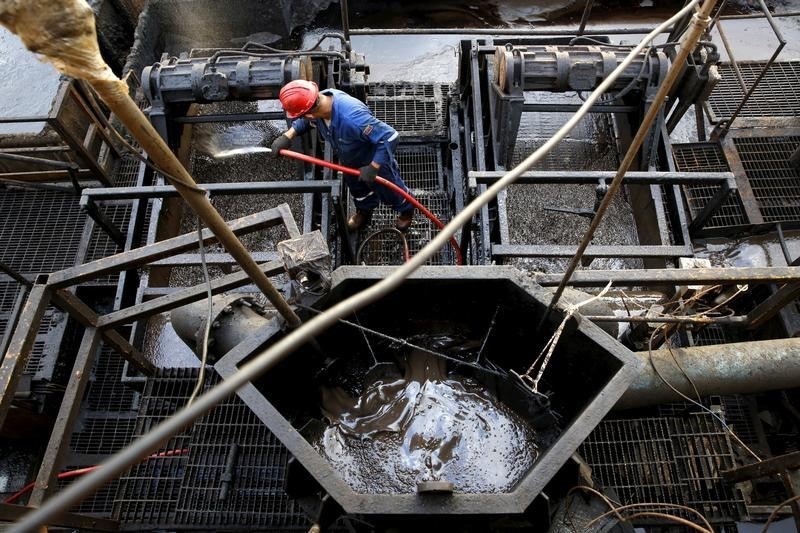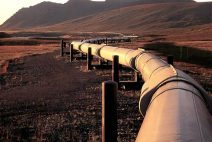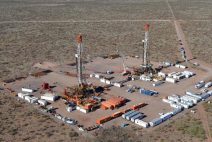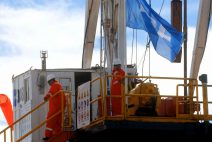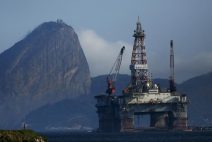OPEC accused the International Energy Agency (IEA) of "distorting the past and present" for predicting that fossil fuel consumption will peak this decade and that an "age of electricity" will soon begin.
In an article published on its website, the Organization of the Petroleum Exporting Countries (OPEC) referred to the annual outlook report released last Wednesday by the IEA.
The IEA, which advocates for the energy interests of 38 industrialized nations, has stated that the world is "moving full speed ahead into the age of electricity, which will define the global energy system."
"'The Age of Electricity' will come after the imminent peak of fossil fuels: analysis or science fiction?" is the title of the lengthy text in which OPEC, composed of twelve 'petrostates,' criticizes these forecasts.
The oil cartel not only radically disagrees with the IEA's long-term demand estimates for "black gold"—OPEC predicts demand will continue to grow at least until 2050—but also accuses the IEA of being inconsistent with itself.
"The idea that the energy system can be 'defined' by one energy source does not align with the IEA's own analysis, nor with the current energy reality, where coal, oil, and gas together account for around 80% of the global energy mix," OPEC said.
It also claims that the analysis presented in the IEA report "distorts the past and present."
"As for the 'Age of Coal' being a thing of the past, it’s worth noting that in July this year, the IEA itself stated that global coal demand grew by 2.6% in 2023, reaching a new record of 8.7 billion tons, which OPEC calls a 'historic high.'"
According to OPEC, the vision of an electrified world with fossil fuels in decline still faces "a number of diverse challenges" before becoming a reality.
For instance, it argues that the massive expansion of electricity consumption requires an exponential increase in the demand for critical minerals used in batteries, whose availability will increase at a slower pace, as well as "an unprecedented expansion of grid capacity."
OPEC notes that the IEA itself admitted in another report that for countries to achieve their national energy transition goals, they would need to add 80 million kilometers of power lines by 2040.
"This is practically the same capacity that has been built over the last hundred years," the organization warns.
Additionally, OPEC points out that electrification also requires large amounts of steel and cement, products that often require coal for production.
"For the fair and sustainable energy future we all aspire to, OPEC continues to advocate for an approach of 'all people, all energies, and all technologies,'" the organization concludes.
